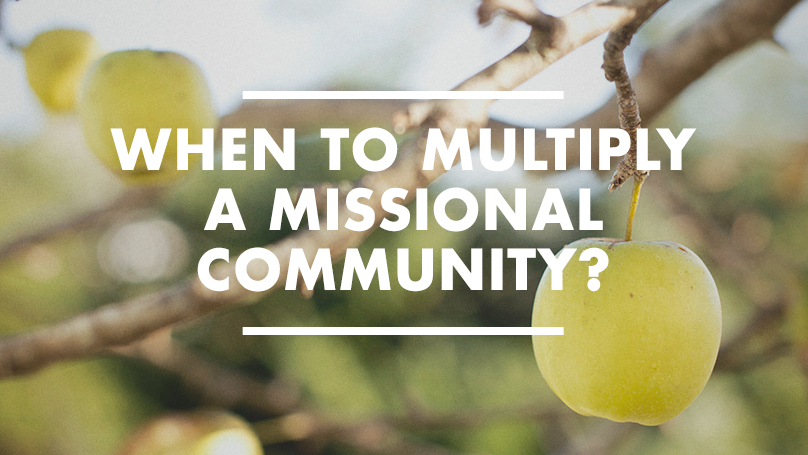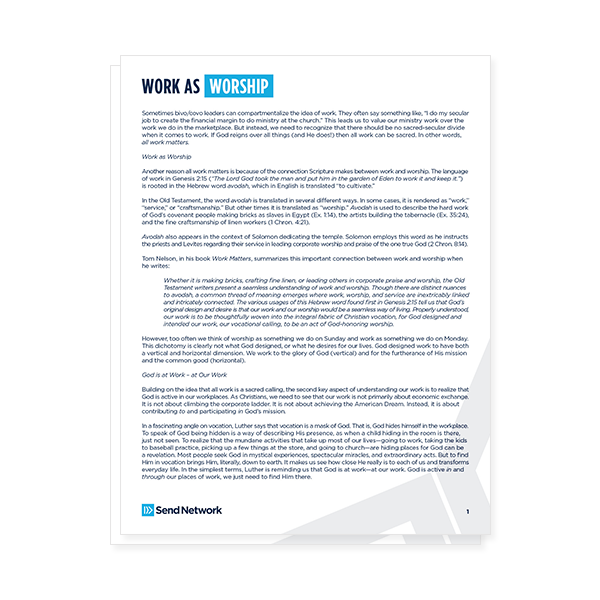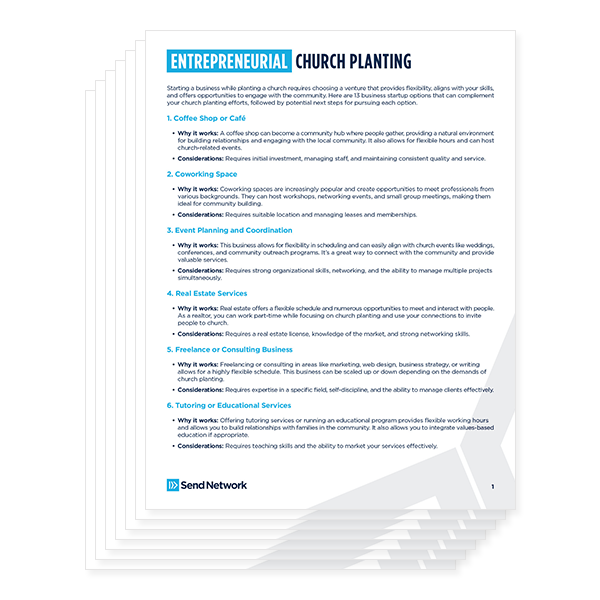Editor’s Note: Multiplication is a critical piece of effectively making disciples, and foundational to a movement. This series of posts will explore different different questions about multiplying a missional community:
- Why multiply missional communities?
- When to multiply a missional community?
- When NOT to multiply a missional community?
- How to multiply a missional community?
—– In my last post, I talked through the biblical mandate and the necessity of multiplication, as well as some objections to multiplication. Some of the objections people raise are valid points for not multiplying, so today I want to clarify when I think it is a good idea to multiply your missional community. First, I think it is healthy multiplication is far more important than multiplying for multiplications sake (that sentence is a mouthful!). A virus is very good at multiplying, but causes great damage to the body. Multiplying just for the sake of multiplying can do some serious damage if you’re not healthy! So when should we multiply?
Multiply for Mission
The first answer to that question is “multiply for mission”. What I mean by that statement is you should seriously consider multiplying your missional community when there is a clear opportunity to engage a new pocket of people. Perhaps someone has come to Christ through your missional community, and they have a ton of friends who don’t know Jesus but couldn’t possibly participate in your regular rhythms. That’s a great time to multiply your group so you can be more effective in mission! Perhaps a few people in your community have developed a passion for a marginalized group of people, but the rest of the community is firmly rooted in a neighborhood. That’s a great time to consider multiplication as well. Bottom line, if there is an opportunity presenting itself, Providence is at work and you should seriously pray and consider what obedience in the face of new mission opportunity looks like.
Multiply for a Leader
The second time I think it’s important to work through multiplication is when a clear leader emerges. They may be reluctant or passionate, but God has clearly given them the gift of leadership. You’ll know these kind of people because they’re pressing for more involvement, or naturally step into positions of responsibility. Often they are the ones who are rallying both believers and the lost to be a part of a community. An emerging leader may not have a clear sense of mission, which you can help them with, but more often than not they need to be challenged to step out and lead. Step one for them should be rally a small core team – three or four people who will form the nucleus of a missional community – and begin the process of discerning who they will engage. My friend Mark Howell often says that reluctant leaders often make the best leaders, and I tend to agree with him. This person may not be immediately excited about leadership, but often these kinds of the leaders make the most faithful and best leaders for missional communities.
Multiply to Start Over
I’m not sure this really counts as multiplication, but I think many communities need to consider disbanding and starting over. If you’re been trying at missional community for a couple years and haven’t gotten any traction, you might want to consider getting a fresh start. The best way to start over is NOT to just disband a group, but to legitimately walk through a process with each individual participant and consider why the community struggled, and how they might faithfully move forward either by starting a new missional community or joining an existing work. This is often times what we do with Teams of Missionaries that move to Missionary Teams. in the next post, I’ll walk through when you should NOT multiply your missional community. What else is important when considering multiplication?
Published March 3, 2015




